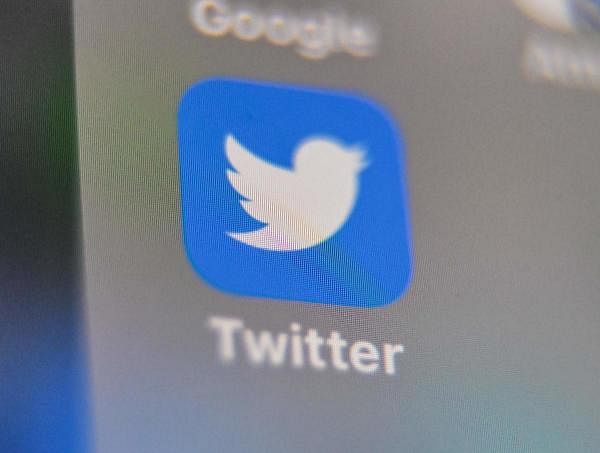
Rape threats, insinuations of sexual relationship and what not. Twitter has turned toxic more for Indian women politicians if one goes by the latest study of over one lakh tweets mentioning 95 prominent female leaders. And, this was not confined to a single party as a "deeper look" showed that women leaders cutting across their political affiliation, religion, caste, race, age, marital status and election outcome were targeted.
The 'Troll Patrol India 2019: Exposing Online Abuse Faced by Women Politicians in India' report puts it bluntly: one in every seven tweets or 13.8% that mentioned women politicians in India was 'problematic' or 'abusive' while one in every five (20%) among these was sexist or misogynistic.
"This amounted to one million (10 lakh) problematic or abusive mentions of the 95 women...or over 10,000 problematic or abusive tweets every day across all women in the sample," the report by Amnesty International India, a private human rights watchdog, has said.
For the report, a sample of 1,14,716 tweets out of 70 lakh posts mentioning the women politicians during March-May 2019, in the run-up to and shortly after the 2019 Lok Sabha elections, were analysed and extrapolated for the results.
Hasiba Amin, Congress' National Convener (Social Media), said, "The online abuse that followed in 2014 for a young girl entering politics was traumatising. The trolling was sexist, misogynistic and (they) targeted me for being Muslim...Rape threats were routine, as were character assassinations, insinuations about my sexual relationships with older men. Now in 2019, I have considerably reduced my activity on Twitter."
Women politicians across all parties experienced sexist abuse, it said, adding their overall experience was divided along party lines even as it claimed that women politicians from the BJP experienced less abuse compared to others.
"Women politicians from other parties experienced 56.7% more problematic or abusive content. Women politicians associated with Congress also received 45.3% more problematic or more abusive content than BJP," it said.
Being a Muslim is more dangerous for women on Twitter as the study showed women who followed Islam received 94.1% more ethnic or religious slurs than those from other religions. "They received 55.5% more problematic or abusive content. At least 26.4% of the problematic or abusive content experienced by them contained ethnic/religious slurs, nearly double the proportion for women who are or perceived as Hindus (13.7%)," it said.
"Being a Muslim woman sometimes becomes a huge burden. I am subjected to so much hate than a Muslim man. Only 25% of what I get is based on the content of my politics, 75-80% is about being a woman and a Muslim woman," BJP leader Shazia Ilmi was quoted as saying in the report.
"When you are on social media, you face trolls, threats, abuses and challenges 100% of the time. Their purpose is to silence you. It makes you want to cry. They talk about your personal life, your looks, and your family," Congress leader Alka Lamba was quoted as saying in the report.
Another trend noticed in the study was that women politicians belonging to marginalised castes received 59% more caste-based abuse compared to women from other castes.
Analysis of the marital status of women politicians showed that unmarried women were subject to more trolling. Politicians who were not currently married, including widowed, divorced, separated and unmarried, received 40.6% more abusive tweets and 31% more problematic tweets than married women.
In its response, Twitter said, "Building a Twitter free of abuse, spam and other behaviours that distract from the public conversation is one of their top priorities. It has made strides in creating a healthier service and continues to further invest in proactive technology to positively and directly impact people’s experience of the service."
A Twitter spokesperson said abuse, harassment and hateful conduct have no place on Twitter and it has taken strong steps to "proactively address the health of the conversation on our service", including around peak moments such as Lok Sabha 2019 elections.
"Today more than 50% of abusive content that we take action on is identified proactively using technology, instead of relying on reports from people using Twitter. Our work will never be done, and our product, policy and engineering teams continue to work at scale and pace to build a healthier Twitter," the spokesperson said.
More highlights:
* Decrease in abuse in English but not in Hindi during election
* Hindi was most frequently used to abuse women politicians
* Unmarried women were targeted more
* Politicians who lost elections were targeted more
* Women politicians from parties other than BJP experienced more abuse
* Women politicians belonging to marginalised castes received 59% more caste-based abuse
